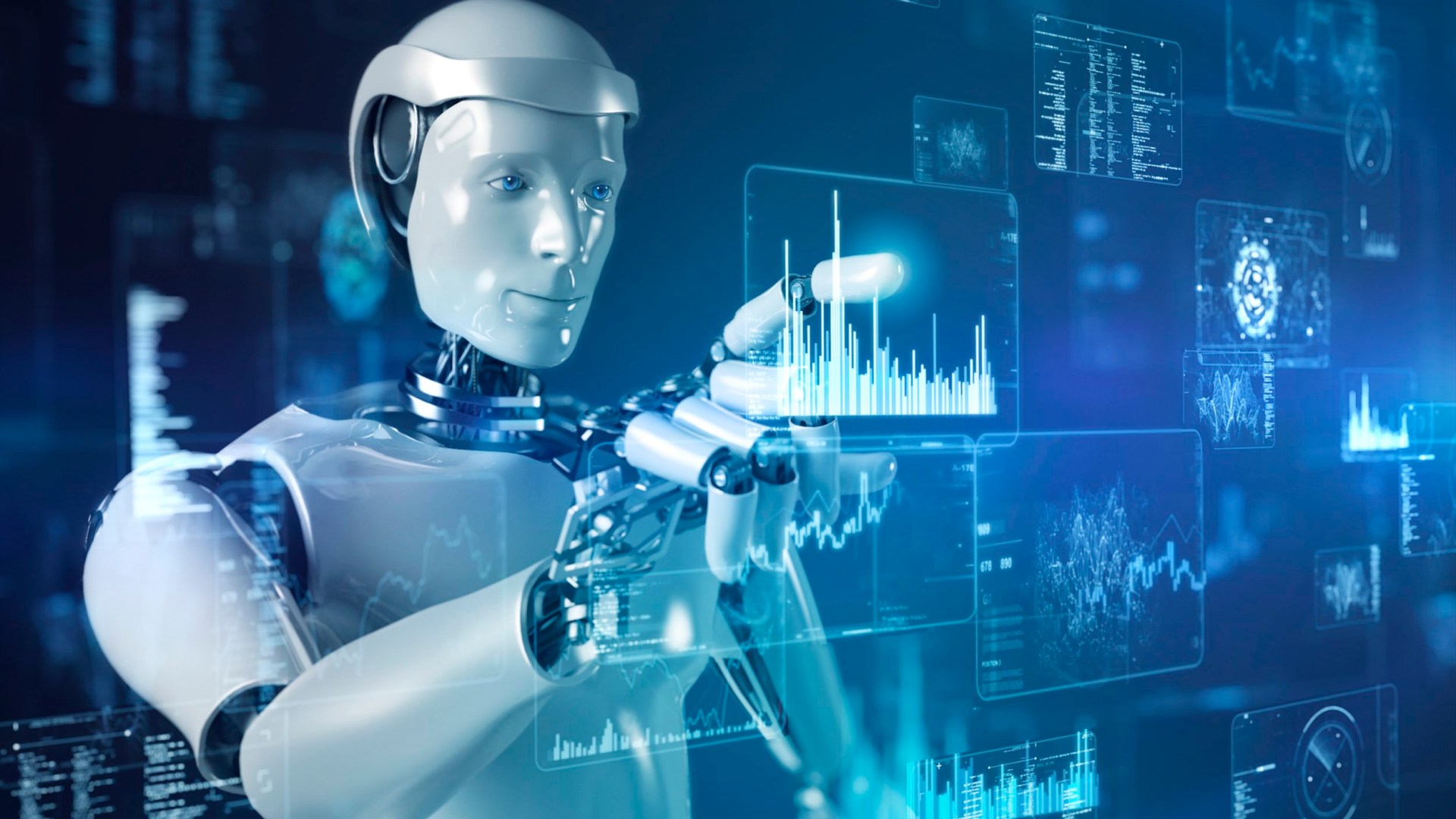Science
12 Professions AI Cannot Replace: Human Skills Remain Vital

Artificial intelligence (AI) is increasingly integrated into daily life, influencing various sectors from hospitality to healthcare. While AI demonstrates remarkable capabilities, certain professions remain beyond its reach. According to a report by LiveCareer UK, there are twelve jobs that require uniquely human attributes and are unlikely to be replaced by AI.
Healthcare Professionals
In the healthcare sector, the combination of hands-on care and emotional support is irreplaceable. Professionals in this field must navigate unpredictable health outcomes and respond to complex patient needs. The essential qualities of compassion, medical knowledge, and adaptability ensure that healthcare remains a human-centric profession.
Creative Professionals
Creativity is another domain where AI struggles. Original expression, cultural nuances, and innovative thinking are rooted in human imagination. Studies indicate that storytelling and artistic endeavors stem from a place of human experience, making creative roles resilient against automation.
Skilled Trades
Skilled trades demand problem-solving abilities and manual dexterity that AI cannot replicate. These professions require real-world decision-making and adaptability, underscoring the importance of human skill and judgement in fields such as plumbing, electrical work, and carpentry.
Educators and Trainers
Teachers play a vital role beyond mere knowledge transfer. They inspire, mentor, and nurture students, fostering connections that enhance learning. While AI can provide information, it lacks the emotional engagement and adaptability that educators bring to the classroom.
Upper-Level Strategists and Analysts
Strategic roles rely heavily on context and the ability to make judgments in uncertain environments. Human skills such as interpretation, leadership, and critical thinking are essential for success in these positions. AI, despite its analytical capabilities, cannot replicate the depth of human insight required for strategic decision-making.
Research Scientists and Engineers
Human curiosity and critical thinking drive innovation in scientific research. While AI can assist with data analysis, it lacks the intrinsic motivation and creativity necessary to pursue groundbreaking discoveries. This fundamental difference highlights the ongoing need for human researchers and engineers.
Customer Service Representatives
In customer service, human representatives must navigate unpredictable interactions and offer authentic empathy. Problem-solving skills and genuine emotional intelligence create a comprehensive customer experience that AI cannot match. AI may respond with scripted answers, but it cannot replicate the nuanced understanding that humans provide.
Judges and Legal Professionals
Legal professionals, including judges, apply ethics and fairness to their decisions, which requires human reasoning. The complexities of justice cannot be fully understood through algorithms, as they involve weighing moral implications and societal values. AI lacks the capacity for advocacy and ethical judgement necessary for these roles.
Leadership and Management Roles
Effective leaders require vision and the ability to make decisions in uncertain contexts. Human qualities such as strategic thinking and risk assessment are vital in management, making these roles resistant to automation. AI does not possess the necessary leadership skills to thrive independently in management scenarios.
Social Workers and Mental Health Professionals
In fields like social work and mental health, practitioners depend on deep emotional connections with clients. Trust, empathy, and interpersonal skills are critical for supporting vulnerable individuals. While AI can provide advice, it falls short in establishing the human connection essential for effective mental health care.
Environmental and Sustainability Experts
Addressing climate challenges requires human oversight, ethical considerations, and systems thinking. Environmental experts play a crucial role in navigating complex ecological issues, and AI cannot fulfill these responsibilities without human accountability.
Hospitality and Care Sector Staff
The hospitality sector thrives on personal interactions and genuine warmth. Staff members create memorable experiences through empathy and emotional intelligence, qualities that AI cannot replicate. This field relies heavily on human adaptability and service orientation.
In conclusion, as AI continues to advance, it is clear that certain professions will remain firmly in human hands. The unique attributes of empathy, creativity, and critical thinking ensure that jobs in healthcare, education, and beyond are not easily replaced by technology.
-

 Entertainment1 month ago
Entertainment1 month agoAimee Osbourne Joins Family for Emotional Tribute to Ozzy
-

 Politics1 month ago
Politics1 month agoDanny Healy-Rae Considers Complaint After Altercation with Garda
-

 Top Stories4 weeks ago
Top Stories4 weeks agoIreland Enjoys Summer Heat as Hurricane Erin Approaches Atlantic
-

 World2 months ago
World2 months agoHawaii Commemorates 80 Years Since Hiroshima Bombing with Ceremony
-

 Top Stories2 months ago
Top Stories2 months agoFianna Fáil TDs Urgently Consider Maire Geoghegan-Quinn for Presidency
-

 World2 months ago
World2 months agoGaza Aid Distribution Tragedy: 20 Killed Amid Ongoing Violence
-

 World2 months ago
World2 months agoCouple Convicted of Murdering Two-Year-Old Grandson in Wales
-

 World2 months ago
World2 months agoAristocrat Constance Marten and Partner Convicted of Infant Murder
-

 Top Stories2 months ago
Top Stories2 months agoClashes Erupt Between Far-Right Groups and Migrants in Spain
-

 Top Stories2 months ago
Top Stories2 months agoHistoric Dalkey Pub The Queens Reopens Under New Management
-

 World2 months ago
World2 months agoTrump Defends FBI Deputy Director Amid Epstein Files Controversy
-

 Politics2 months ago
Politics2 months agoTragic Crowd Surge at Gaza Aid Center Claims 20 Lives









